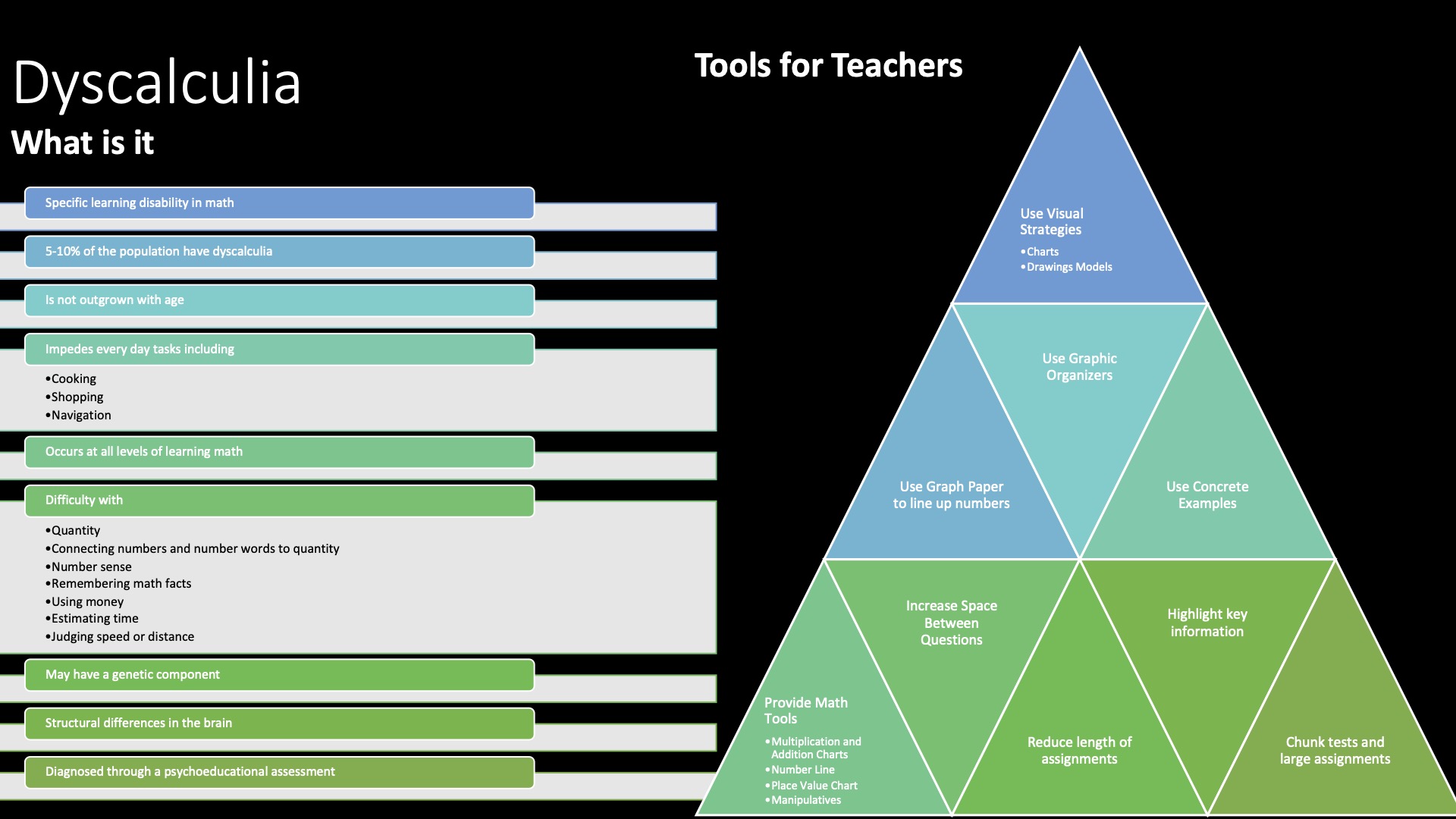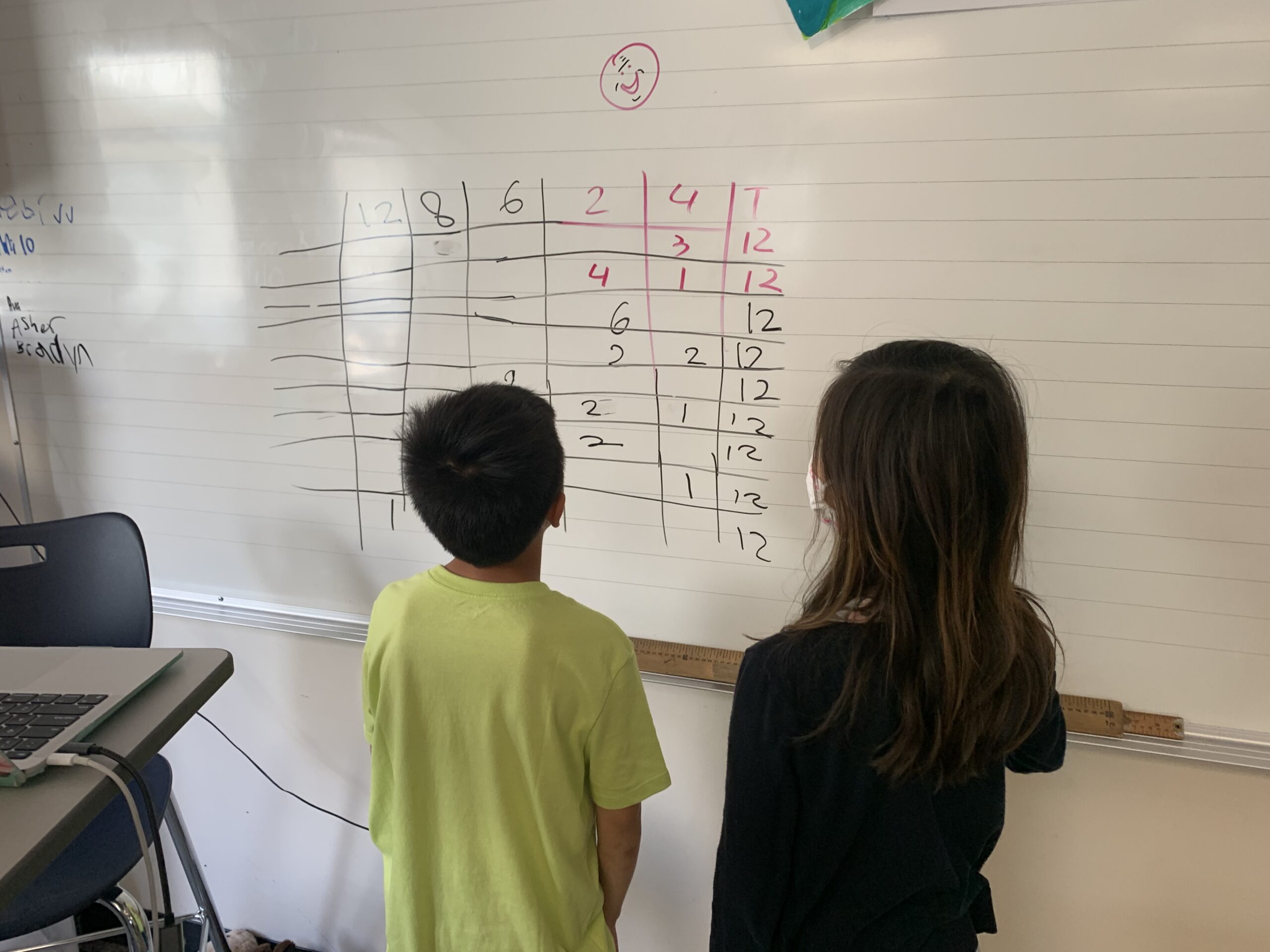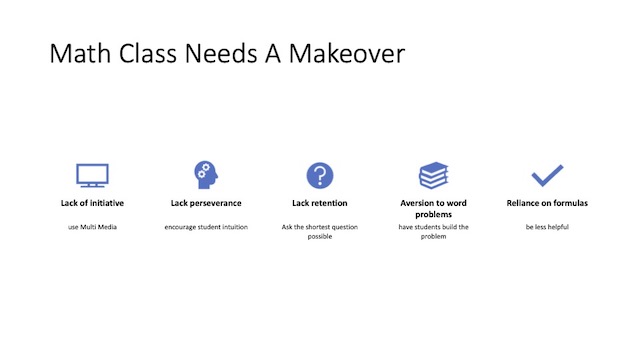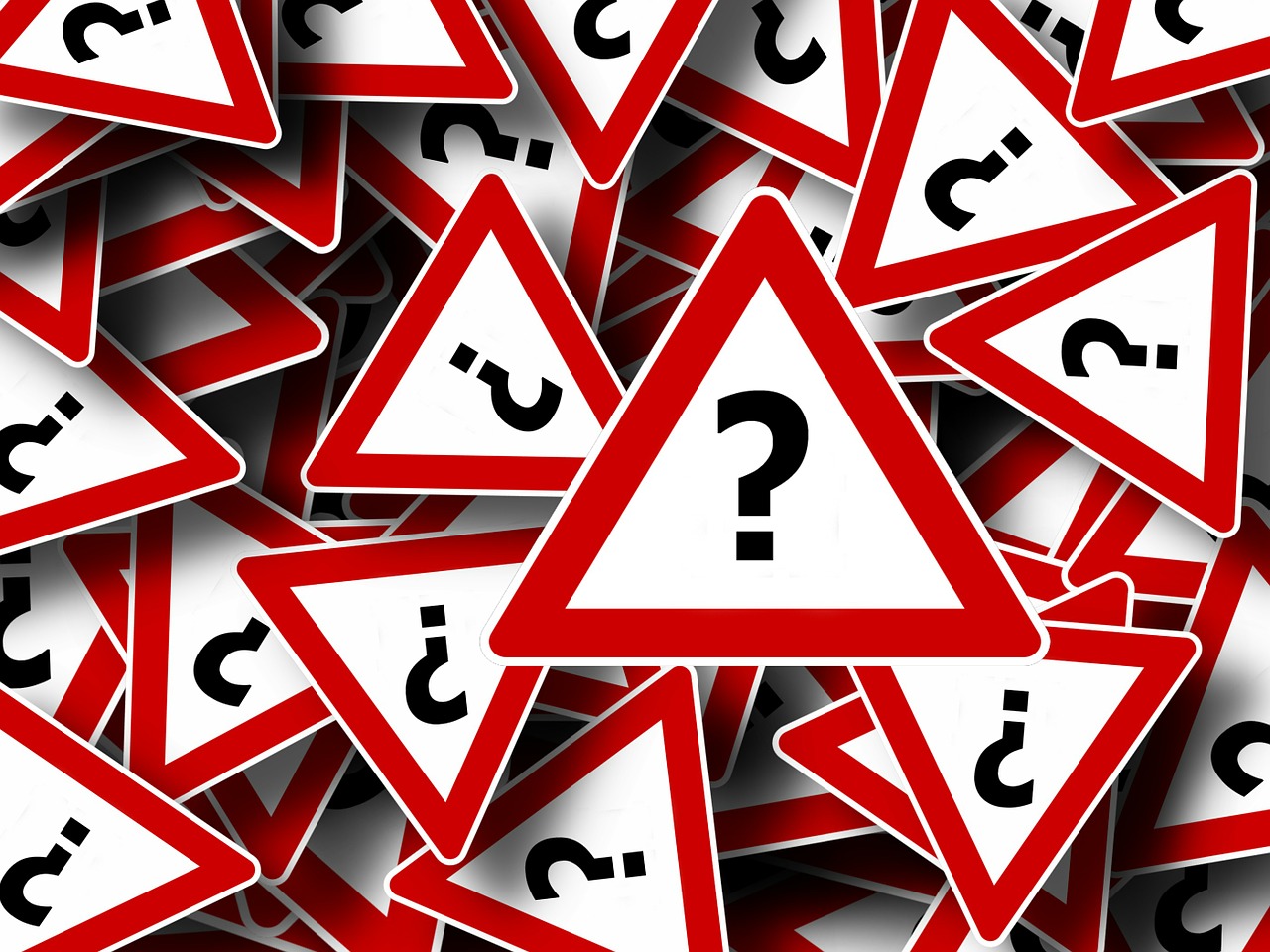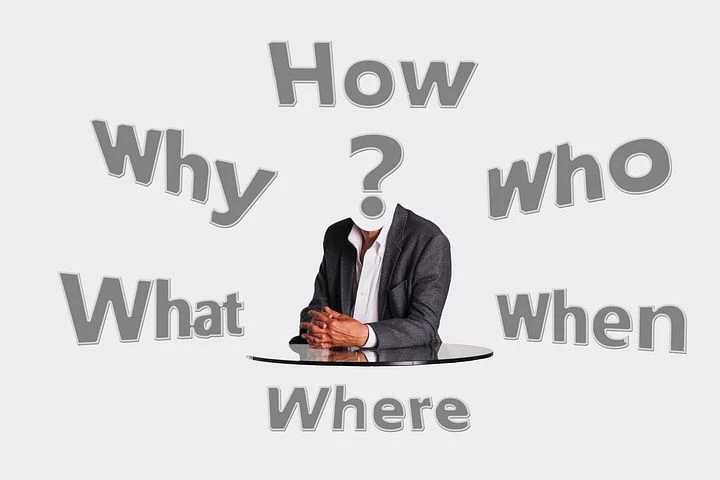https://studylib.net/doc/6909689/inquiry-questions—ccbmyp15-16
In reading about the different types of questions I have to say I disagree with the statement “I use conceptual or debatable questions more frequently than factual questions in my courses.”
I realize most of my questions lean towards factual and conceptual questions and I rarely ask debatable questions. I do have them towards the ends of units and projects. They seem to come up most in our Who HQ biographies project where students have to explain why their person, they have chosen to study is important to history and justify why that person should be remembered. In an average day many of my questions are more factual questions or procedural questions. I would like to spend more time asking open ended and debatable questions but am unsure how to form them so that they are approachable for my grade four students. Even having students choose between two choices in a tug of war activity has been challenging for some. I worry using more debatable type questions I will overwhelm some of my students who struggle to make choices or form opinions. In the past two years I have had students whose IEPs specifically state to give two choices when asking the student to make a choice and I am wondering how I would be able to include those two students in a debatable type of question that is more open ended. My goal next year is to have a “thinking” classroom where students are doing the majority of the thinking. I am better at asking conceptual questions that require students to apply their understanding and knowledge then I am with debatable questions. We often do compare, and contrast activities using Venn diagrams and make comparisons to familiar topics or places. I think I am better at using conceptual questions when doing reading and social studies lessons than in science or math. I’m finding it is easier to ask conceptual or debatable type questions about a novel we are reading as a class or in literature circles as we have a common book to discuss. I am looking forward to hearing how others are using debatable questions in their elementary classes.
